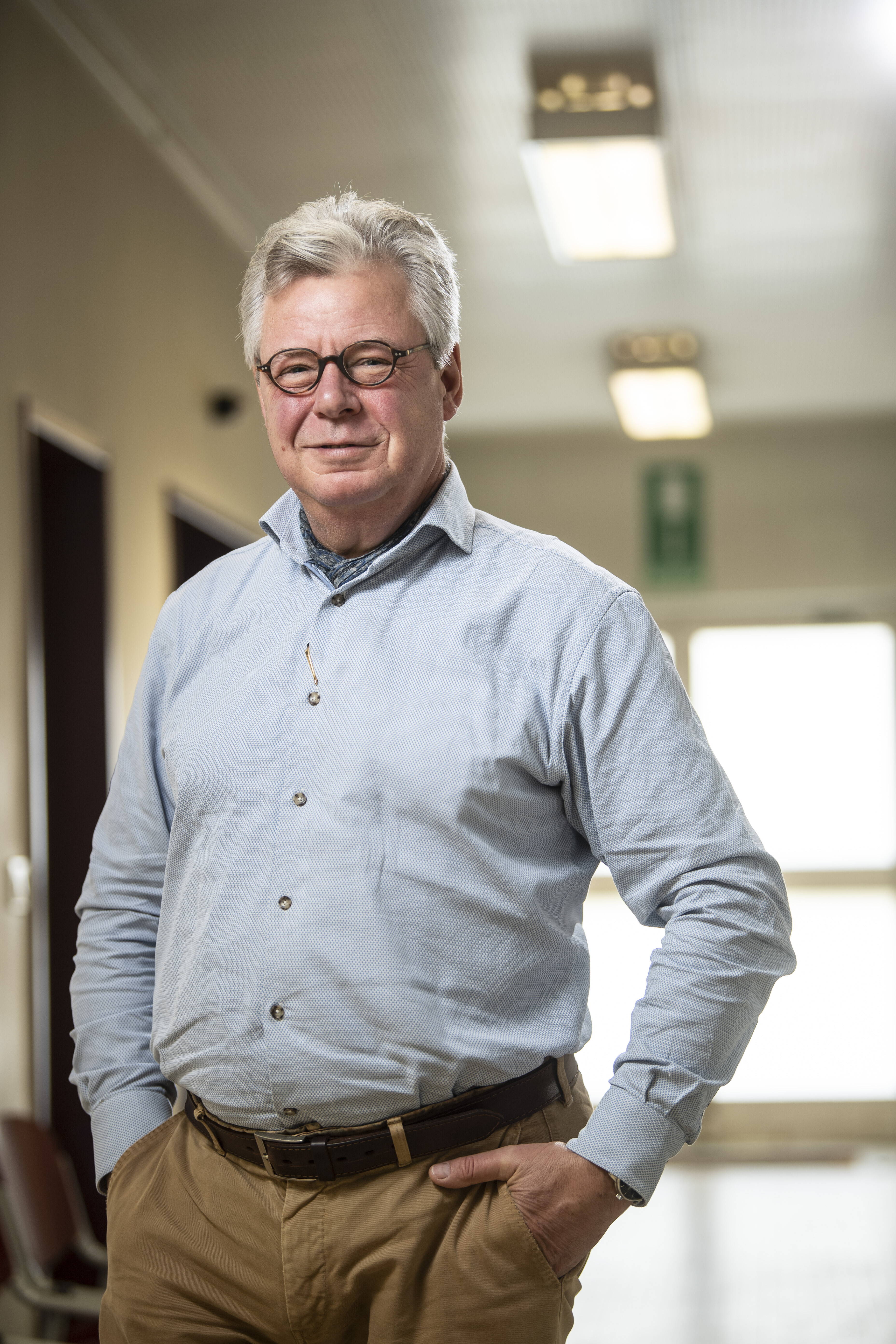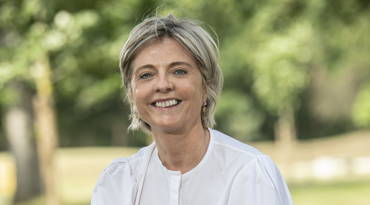Zinc is one of the most vital, essential elements that exist in nature. People, animals, plants and even the smallest micro-organisms need it to function. ‘Without zinc, life is not possible,’ says Nyrstar occupational physician Marc De Groof.
All our organs, body fluids and cells contain zinc. Because zinc is used to build cells, it’s especially important during pregnancy, for the growing foetus.
‘We need zinc at every stage of our lives, from conception to death. It plays a vital role in men’s and women’s fertility: in men to have a good testosterone level in the blood and healthy sperm, while in women it ensures a normal menstrual cycle,’ says Marc De Groof.
Zinc is also essential for cell division in the foetus after fertilisation. ‘Later zinc will take care of the growth (height, weight, organs and bone development) of infants, children and teenagers.’
Of all vitamins and minerals, zinc has a major effect on our immune system. Zinc helps fight infections and can even reduce the duration and severity of a cold, for example.
Zinc Saves Kids
‘In underdeveloped countries we see that malnourished babies who do not consume enough zinc are often very small and extremely susceptible to infections. An estimated 500,000 children between the ages of 0 and 5 die every year from conditions related to zinc deficiency,’ says Marc De Groof.
In 2012, UNICEF started the ‘Zinc Saves Kids’ project together with the International Zinc Association (IZA). ‘It was seen that these children mainly died from infections, especially infectious diarrhoea, pneumonia and malaria. Multi-mineral powders with 5 milligrams of zinc
give children healthy development and stimulate their immune system and defence against infections. UNICEF estimates that zinc could save the lives of 200,000 children every year.’
An estimated 200,000 children’s lives between the ages of 0 and 5 can be saved every year with a zinc supplement.
Marc De Groof,
occupational physician at Nyrstar
At the same time, UNICEF started a project to encourage local farmers to add more zinc to their fertilisers. ‘There was hardly any zinc in their soil, which means that the crops also absorb little zinc. Adding zinc has a double effect: farmers earn more through a larger harvest and children get more zinc through vegetables and indirectly through livestock.’
Better defence? Zinc!
Children need 5 milligrams of zinc per day, women 8 milligrams and men 11 milligrams. We mainly get this from our diet. Red meat, poultry, fish, seafood, whole grains, nuts and dairy, among others, are important sources of zinc. A balanced diet is more than sufficient to supply your body with zinc. De Groof: 'Zinc also improves
memory and thinking skills and can reduce fatigue and mood swings. Zinc as a dietary supplement is recommended in the treatment of all kinds of skin problems. Moreover, zinc is essential for taste and smell, and as such can serve as a treatment after a corona infection.’



